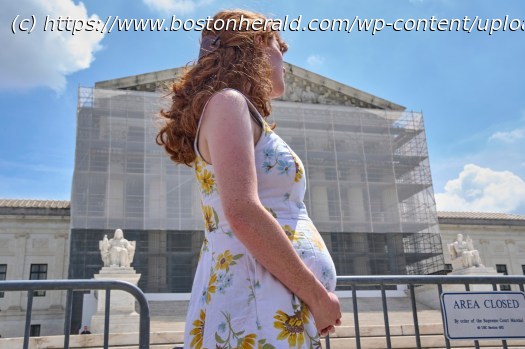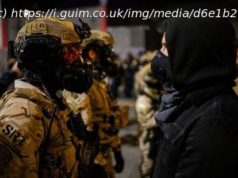The legal fight over President Donald Trump’s order ending birthright citizenship is advancing on a path toward the U.S. Supreme Court.
The legal fight over President Donald Trump’s order ending birthright citizenship is advancing on a path toward the U.S. Supreme Court.
A New Hampshire federal judge on Thursday issued a ruling prohibiting the president’s January executive order ending birthright citizenship for children born to those without legal status from taking effect anywhere in the U.S.
The judge’s preliminary injunction and certification of a class-action lawsuit blocks the order, though it included a seven-day stay to allow for appeal.
The district court judge’s decision comes less than a month after the Supreme Court limited lower courts from issuing nationwide injunctions without settling the underlying question of the constitutionality of the president’s order. The high court also left open the possibility that birthright citizenship challenges could remain blocked nationwide.
Here’s what to know about birthright citizenship and what happens next.What birthright citizenship means
Birthright citizenship makes anyone born in the United States an American citizen, including children born to mothers in the country illegally.
The practice goes back to soon after the Civil War, when Congress ratified the Constitution’s 14th Amendment, in part to ensure that Black people, including former slaves, had citizenship.
“All persons born or naturalized in the United States and subject to the jurisdiction thereof, are citizens of the United States,” the amendment states.
Thirty years later, Wong Kim Ark, a man born in the U.S. to Chinese parents, was refused reentry into the U.
Home
United States
USA — Criminal What’s next for President Donald Trump’s birthright citizenship order in the courts






